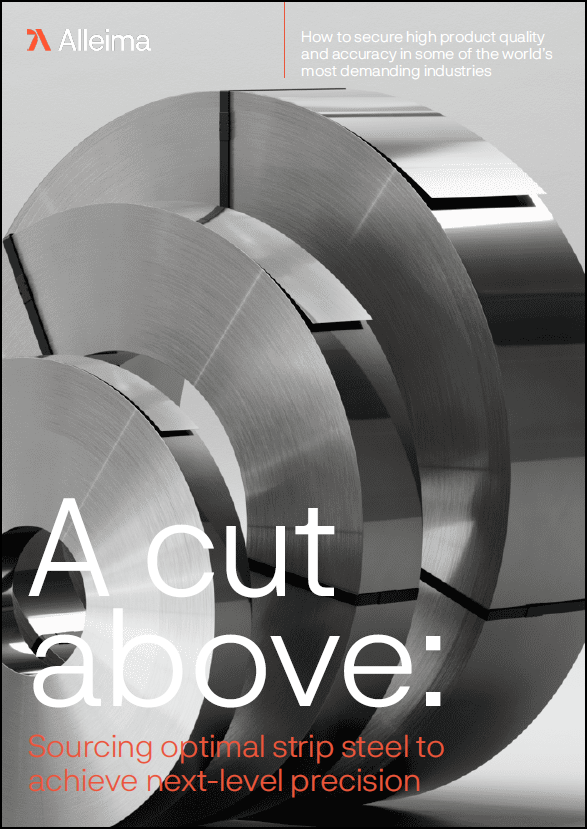
A biodegradable alternative made of tomato pomace has been developed to coat the inner surface of metal food packaging, including food and beverage cans.
The lacquer has been developed by researchers from the Instituto de Hortofruiticultura in Malaga and the Instituto de Ciencia de los Materiales in Seville, Spain. It uses the by-products obtained after processing tomatoes.

US Tariffs are shifting - will you react or anticipate?
Don’t let policy changes catch you off guard. Stay proactive with real-time data and expert analysis.
By GlobalDataThe research shows that the biological and environmentally friendly resin derived from tomato processing residue repels water, adheres firmly to the coated metal, and has anti-corrosive properties against salt and any liquid.
The aim of the research is to provide a solution for Bisphenol A (BPA) coatings in packaging, which is an industrial chemical compound used to protect food from corroded metals. However, it also releases particles that are harmful to human health.
Researchers compared the manufacture of the tomato pomace resin with the equivalent process for BPA resin, finding that the former produces less carbon dioxide than the latter. Further evaluations will be made for the environmental impact of the tomato resin.
After testing the lacquer with simulated food, the next step of the research is to test its effectiveness on cans and packaging containing real food and evaluate its industrial application.




